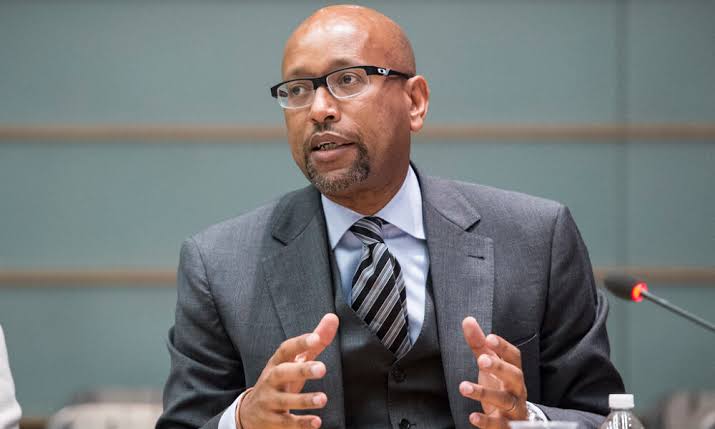Ethiopis Tafara, the newly appointed Vice President for Africa at the International Finance Corporation (IFC), recently visited Lomé for the “Africa Leads” meeting. In an interview with Togo First, he discussed the IFC’s impact in Togo, strategies for supporting local businesses, priorities for West Africa, and the institution’s position amidst global geopolitical changes.
IFC’s Impact in Togo:
Tafara highlighted three significant impacts since the IFC opened its office in Togo five years ago:
- Increased Investments: Investments in Togo have significantly increased, reaching approximately $186 million, focusing on key sectors like energy and telecommunications.
- Strategic Investments: The IFC has invested in the Lomé container terminal, Togocom, and Star Garments, supporting sectors where Togo has a comparative advantage.
- Improved Energy Access: Investments in companies like Zener have helped improve access to energy through the construction of propane and butane storage terminals.
Business Climate and SME Support:
Tafara emphasized the importance of a favorable investment environment for mobilizing investment and developing the private sector. The IFC supports both large and small companies, focusing on those with significant impact and the potential to become “local champions.” While the IFC doesn’t directly serve the numerous SMEs, it relies on local banks and financial institutions to reach them indirectly and more efficiently.
Green Financing:
The IFC supports solar, wind, and hydropower projects, ensuring all projects comply with strict environmental and social standards. They also support electric mobility (e-mobility) initiatives.
Future Prospects and Geopolitical Tensions:
Tafara outlined three priorities: equity financing, local currency financing, and energy. The IFC aims to strengthen the continent’s self-sufficiency by supporting local production of medicines and food.
Regarding South-South cooperation, Tafara sees it as positive, with emerging countries forging stronger economic ties. The IFC’s mission to eliminate poverty and create jobs remains unchanged, regardless of geopolitical tensions.
Tafara stated that the IFC is not dependent on direct donor contributions and has a robust balance sheet to meet clients’ financing needs. He emphasized Africa’s potential, noting that by 2050, a quarter of the global workforce will be African. He stressed the importance of prioritizing sectors like agricultural value chains and tourism to create productive jobs.






